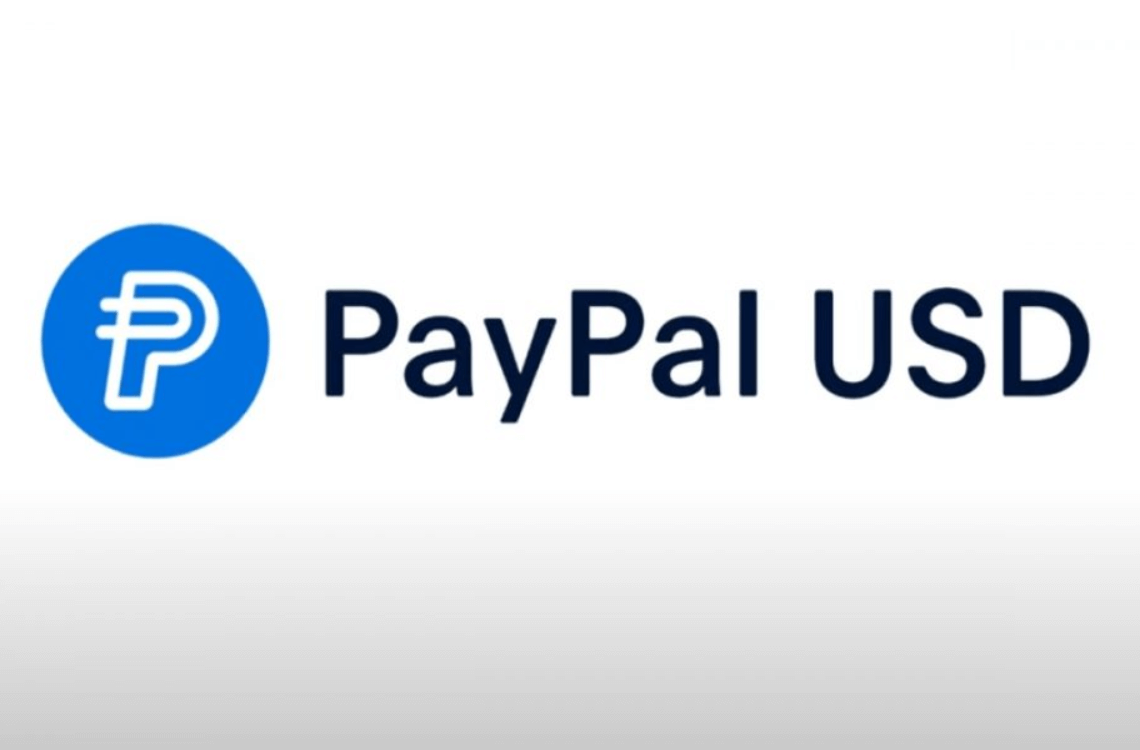Bank of America recently voiced concerns over the long-term adoption of PayPal’s newly introduced stablecoin. With a complex web of competitive pressures and potential regulatory barriers, the journey for PayPal’s ambitious venture may not be smooth sailing.
Competition Rears Its Head
PayPal, known globally for its payment services, unveiled its proprietary stablecoin, named PYUSD.
While stablecoins have long been viewed as a mechanism to streamline transactions and elevate customer experience, PayPal’s venture into this territory is expected to see minimal immediate adoption.
Factors such as limited crypto wallet compatibility and the absence of fresh functionalities seem to act as impediments. But beyond initial hiccups, a more significant threat looms.
As Bank of America strategists, Alkesh Shah and Andrew Moss noted, the increasing competition from central bank digital currencies (CBDCs) and other yield-bearing stablecoins is likely to overshadow PYUSD.
Investors have previously shown comfort holding stablecoins like USDT and USDC when rates hovered near zero. However, with the emergence of yield-bearing stablecoins offering rates above 5%, PayPal’s non-yielding stablecoin might find itself less appealing.
The stablecoin terrain has seen prominent players. Notably, Tether’s USDT has secured a formidable position in the market. However, the journey isn’t devoid of challenges.
Meta Platforms Inc., in a spotlighted move, retreated from its stablecoin venture last year, following substantial regulatory pressures.
Regulatory Watchdogs & the Stablecoin Landscape
Even before the paint dried on PayPal’s announcement, it faced criticism. Maxine Waters, a key Democrat on the House Financial Services Committee and known for her critique of Meta’s previous stablecoin project, lambasted PayPal’s roll-out, pointing to the glaring lack of regulatory oversight.
Given that stablecoins have been part of the financial spectrum for nearly ten years, their primary utilization has been by traders for transferring digital assets among exchanges.
Consumer adoption for payments remains elusive. At present, as per CoinGecko data, stablecoins worth approximately $126 billion are in circulation.
Bank of America’s observation that investors prioritize the safety and accessibility of stablecoins on major trading platforms, rather than brand loyalty, underscores the challenges for PayPal.
The perception that PYUSD’s launch won’t necessarily speed up regulatory clarity further muddies the waters. Should non-banks face restrictions on stablecoin issuance, PayPal’s stablecoin project could hit turbulent waters.
A Glimmer of Hope Amidst Challenges?
Despite potential headwinds, the mere fact that a financial behemoth like PayPal is entering the stablecoin domain might reignite interest in the digital token landscape. Especially, considering the tribulations the crypto world faced in 2022, with several leading firms buckling under pressure.
With PYUSD, PayPal attempts to break the mold. This digital token, unlike some of its predecessors, is pegged to the dollar and backed by dollar deposits, short-term Treasuries, and analogous cash equivalents.
As the gradual rollout to its U.S customers ensues, all eyes will be on whether PayPal can leverage its vast global presence and innovate beyond the challenges it currently faces.
In conclusion, while PayPal’s move into the stablecoin arena showcases its ambition to stay ahead in the financial tech race, the path is layered with tests.
The digital financial landscape is constantly evolving, and for PYUSD to secure a firm footing, it’ll require more than just brand power. Whether it’s regulatory clarity or outpacing competition, the game has just begun.





